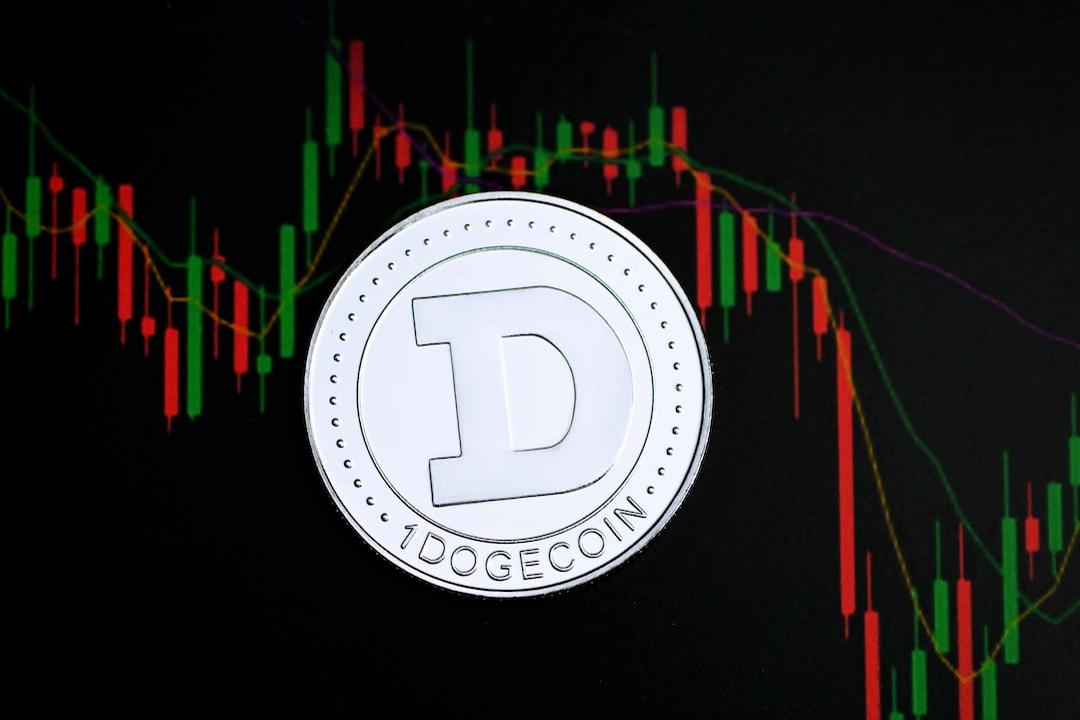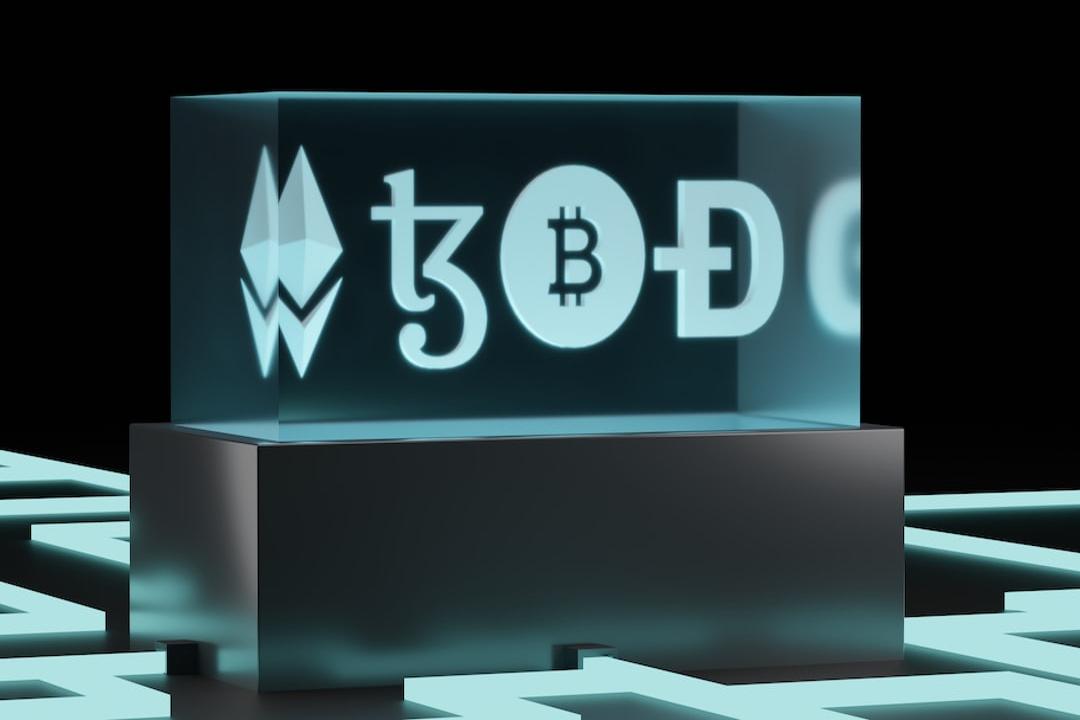The Ambition of the Bank for International Settlements: Creating a Global “Finternet”
The Bank for International Settlements (BIS) has recently unveiled a compelling proposal to establish a global financial network called “Finternet” through distributed ledger technology (DLT).
The realization of this vision could potentially transform the infrastructure of global financial transactions, further driving the digitization and globalization of financial services, allowing financial institutions from different countries to seamlessly engage in cross-border transactions on a shared platform.
♦️
Read the full report here
♦️
Objective: Facilitating unified cross-border tokenized asset transactions
The BIS’s new proposal aims to facilitate cross-border transactions, particularly in the realm of tokenized assets. Through a unified distributed ledger, countries can conveniently exchange various types of assets, including digital versions of stocks, bonds, and other financial instruments.


This not only enhances the efficiency and transparency of transactions but also reduces operational costs and the complexity of cross-border transactions. This platform will support the movement of various currencies and assets, thereby catalyzing a more active and diverse international financial market.

Tokenization as the Future: SWIFT Searching for its Position
Amidst this wave of transformation, the global financial messaging network SWIFT is also seeking its position. SWIFT proposes that in the future of tokenized finance, it can serve as a hub connecting various distributed ledgers, ensuring the security and efficiency of transactions.
This role for SWIFT will provide a crucial strategic position in its future development in the global financial market, especially concerning cross-border payments and asset transfers.

IMF: Facilitating Economic Cooperation among Countries
The International Monetary Fund (IMF) has also expressed a high level of interest in this innovation. The IMF believes that by establishing a single distributed ledger, a new category of cross-border payment platform can be created. Such a platform would significantly enhance the efficiency of global payment systems, reduce transaction costs, and expedite fund transfers. Furthermore, the IMF emphasizes that such a system would contribute to strengthening global economic connectivity, promoting economic cooperation and development among countries.

Does “Finternet” Represent the Future of the Global Economy?
The concept of “Finternet” proposed by the Bank for International Settlements could reshape the global financial landscape in the coming years. This innovation is not only a technological breakthrough but also a significant challenge and opportunity for the existing financial market structure.
If this plan can be successfully implemented, it could bring about a faster, safer, and more transparent global financial transaction environment. However, achieving this also requires broad international cooperation and adjustments, as well as thorough reforms of current regulatory frameworks. The future path is worth the attention and anticipation of all participants in the financial market.

This article is authorized for reprint by:
CryptoCity
Proofread by: Gao Jingyuan

